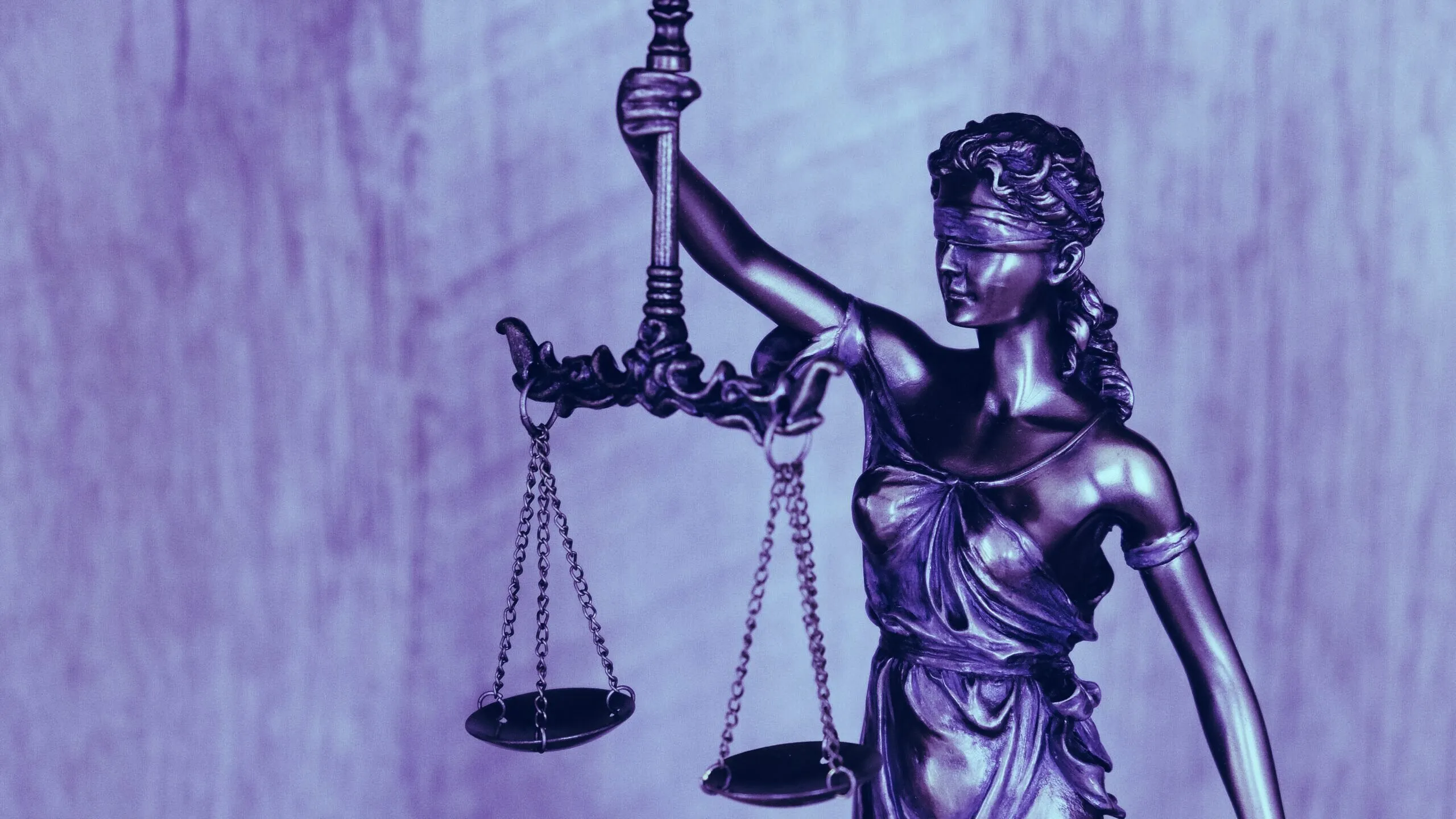In brief
- The Tezos Foundation has agreed to pay $25 million in damages.
- Damages will be distributed to plaintiffs, lawyers, and token holders who made a loss.
- Despite the settlement, there is no ruling on whether XTZ is a security.
A controversial lawsuit alleging the crypto project Tezos conducted an illegal securities sale in 2017 has been settled with the court ruling in favor of the investors and the project’s founders agreeing to pay damages, according to a court filing last week.
Tezos and its founders, Arthur and Kathleen Breitman, will pay a total of $25 million to investors, as per the court order. It was first proposed in March this year but settled only last week.
Lead plaintiff Trigon Trading and other key figures will receive a small upfront settlement of $5,000 to $7,500 each while the plaintiff’s lawyers will receive over $8 million in legal fees.
The remaining $16.5 million will be distributed to Tezos investors who participated in the token sale and made a loss. No settlement will be doled to any holders who profited off the sale in the months after.
Tezos raised over $232 million in a token sale in July 2017, luring investors with its governance token, XTZ, and a platform that supported the creation of decentralized applications, similar to Ethereum. It was the largest initial coin offering at the time, before other initial coin offerings from file-storage network Filecoin and messaging app Telegram eclipsed the Tezos sale.
But the prolific sale irked some investors, who argued the Tezos token was an unregistered security, and hence, could not be sold to investors in the US.
Tezos and the security debate
As per the country’s Federal Securities Law, no company could sell or issue “security” tokens—which derive their value from a real-world asset and are tradable—without registration in the Securities and Exchange Commission. Such tokens needed to qualify the Howey Test, which XTZ did not.
In 2017, as filings showed, investors alleged that the Tezos Foundation fraudulently and deceptively marketed the sale of tokens as equity investments when they were “charitable contributions” instead, allowing the defendants to pocket “tens of millions of dollars” for themselves. A three-year-long court case for remuneration followed.
In March this year, courts ruled Tezos must pay over $25 million to investors as damages, which the Tezos Foundation accepted at the time. However, it added in a statement, “The Foundation continues to believe the lawsuits were meritless and continues to deny any wrongdoing.”
It further explained, “Lawsuits are expensive and time-consuming, and it was decided that the one-time financial cost of a settlement was preferable to the distractions and legal costs associated with continuing to fight in the courts.”
Meanwhile, while the case is now closed and Tezos has agreed to pay damages, the question that started it all remains unanswered: Is XTZ a security or not?

